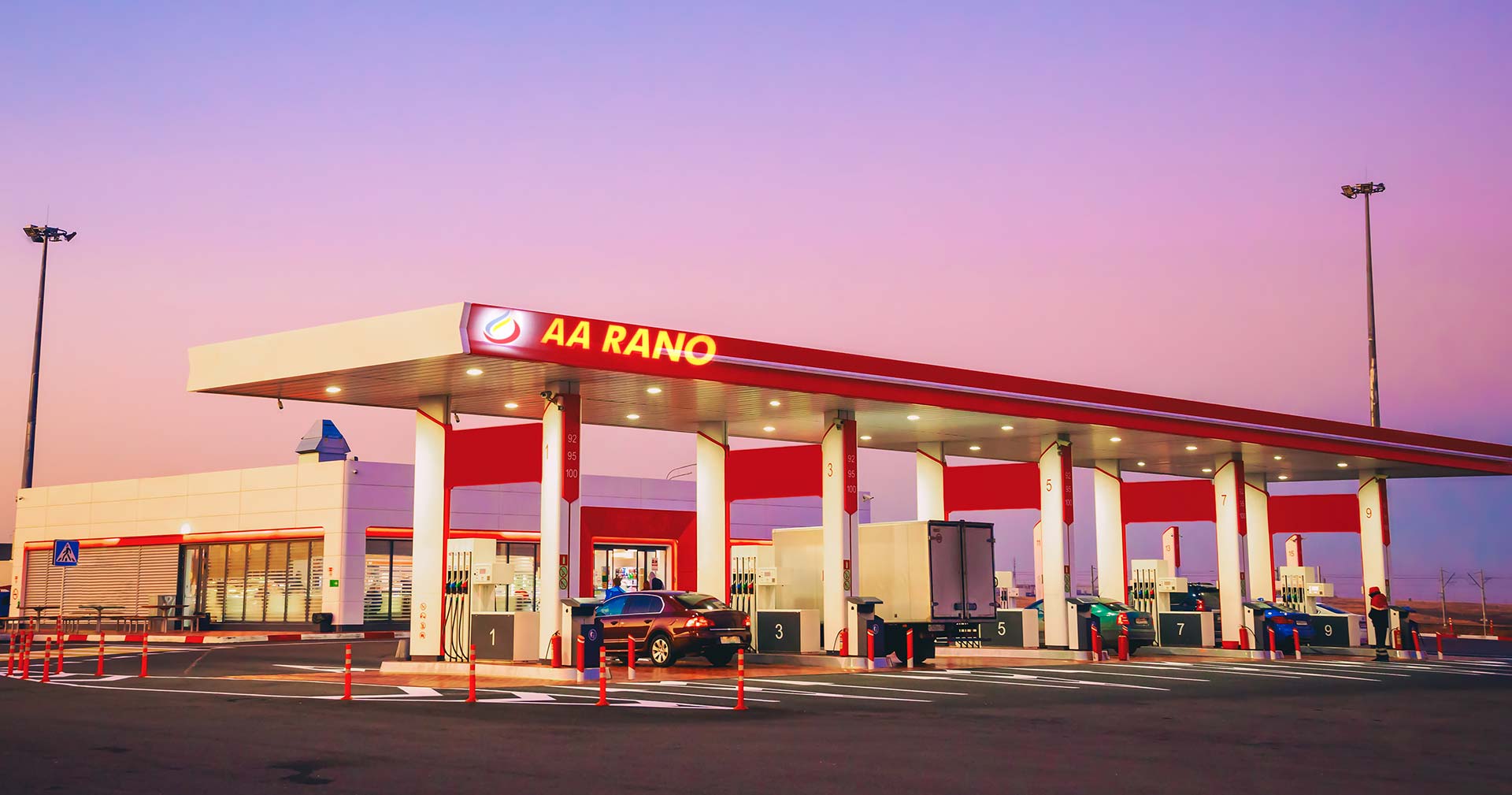The National Agricultural Development Fund, in partnership with the German International Cooperation (GIZ) has unveiled plans to design a climate-smart financing model for women and young farmers across the country.
The financing framework was unveiled at a Validation Workshop on Climate-Smart & Gender-Inclusive Financing to enhance access to agricultural support systems tailored to meet the unique needs of women and youth.
The Minister of Agriculture and Food Security, Senator Abubakar Kyari, while speaking at the workshop, stressed the urgent need for climate-smart and gender-inclusive agricultural financing, stating that failure to address the gender financing gap continues to undermine Nigeria’s economic potential.
Kyari cited studies showing that women farmers consistently produce less than their male counterparts, not due to a lack of effort, but because they face limited access to land, credit, quality inputs, and extension services.
The Minister emphasized that gender-inclusive financing is a cornerstone of the Ministry’s policies and programmes aimed at enabling women to start, sustain, and scale their agricultural enterprises.
He also stressed the need to develop a financial system that supports innovation, including digital financing platforms, climate-risk insurance, cooperative lending models, and tailored financial products for women and youth.
Kyari warned that Nigerian farmers are already bearing the brunt of climate change, with increasing exposure to flooding, unpredictable rainfall, degraded soils, and pest infestations.
“Climate change is not a future risk, it is a present danger,, We must equip farmers with the financial and technological tools to anticipate, absorb, and adapt to these shocks.”
The Executive Secretary NADF Mohammed Ibrahim, said their aim was to unlock and deploy financing that works for every Nigerian farmer, no matter where they are or what barriers they face.”
He explained that the workshop iwas aco-creation of a financing model that meets farmers where they are and takes them to where they deserve to be,” Ibrahim said.
Ibrahim further called on all participants to take ownership of the process.
“Let us use today to build something real. Not a policy on paper, but a framework that lives in our farmlands and fields, our markets, and the futures of our farmers,” he said.
Delivering her Keynote address, Nigeria’s Minister of Women Affairs, Imaan Sulaiman-Ibrahim, called for urgent and inclusive financial systems to empower women and build resilience against the growing impacts of climate change while also praising the NADF for its role in inclusive agriculture.
“Women constitute between 70 to 75 percent of Nigeria’s agricultural workforce and produce about 70 to 80 percent of the nation’s food. Yet, they receive only a small fraction of the credit and land allocated to small-scale farmers,” she said.
“We must collectively work to dismantle the systemic barriers that have historically hindered women’s full participation and ensure a level playing field where their contributions are recognised and supported,” she added.
Representing the German Development Agency (GIZ), Andrea Osuna, urged stakeholders to implement the recommendations outlined in the newly validated framework. These include developing targeted financial products, increasing access to non-collateralized loans, enhancing institutional coordination, and promoting climate-smart agriculture.






